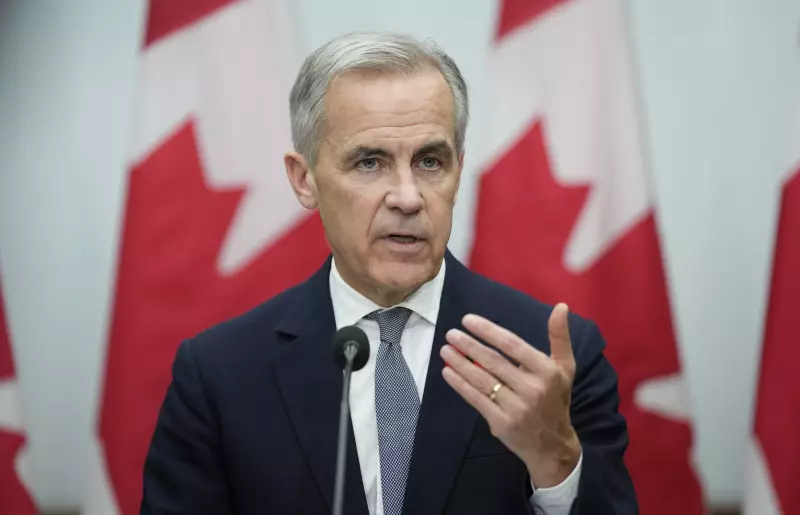
The Canadian federal government is preparing significant tax reforms that could unleash a massive wave of private investment, potentially transforming the country's economic landscape for years to come.
The $1 Trillion Opportunity
According to internal government documents obtained by CTV News, Ottawa believes its proposed tax changes could catalyze over $1 trillion in private investment over the coming decade. This ambitious projection represents a fundamental shift in how Canada approaches business taxation and economic stimulus.
Targeted Tax Relief for Key Sectors
The centerpiece of the proposed changes involves expanding immediate expensing provisions for businesses. Currently, this measure applies primarily to investments in clean technology and certain manufacturing equipment. The government now wants to broaden this to include:
- Advanced manufacturing technologies
- Digital infrastructure and computing equipment
- Renewable energy systems
- Critical mineral extraction and processing
Addressing Canada's Productivity Challenge
These proposed changes come at a critical moment for the Canadian economy. Recent data reveals that business investment per worker has declined by 20% since 2014, while other advanced economies have seen substantial growth in this crucial metric.
"We're falling behind," acknowledged a senior government official familiar with the proposals. "The current system isn't providing the incentives businesses need to make those big, transformative investments that drive long-term growth."
The Capital Cost Allowance System Overhaul
At the heart of the proposed reforms is the modernization of Canada's capital cost allowance system. This complex framework determines how quickly businesses can write off capital investments against their taxes.
The government's analysis suggests that targeted adjustments could:
- Accelerate investment timelines
- Improve Canada's competitive position against the United States
- Create higher-paying jobs in innovative sectors
- Boost productivity across multiple industries
Strategic Response to Global Competition
These tax changes represent Canada's strategic response to massive investment incentives introduced in the United States through the Inflation Reduction Act. The Biden administration's approach has already attracted significant capital south of the border, putting pressure on Canadian policymakers to respond.
The timing is particularly crucial as businesses make long-term investment decisions that will shape North American supply chains and technological leadership for decades.
Implementation Timeline and Next Steps
While the proposals are still in development, government insiders indicate they could be included in the next federal budget. The changes would require legislative approval but could take effect relatively quickly once announced.
Business groups have been cautiously optimistic about the direction, though many are waiting to see the specific details before offering full endorsement.
As one industry representative noted, "The devil is always in the details, but the government appears to understand the urgency of making Canada more competitive for the investments that will define our economic future."





